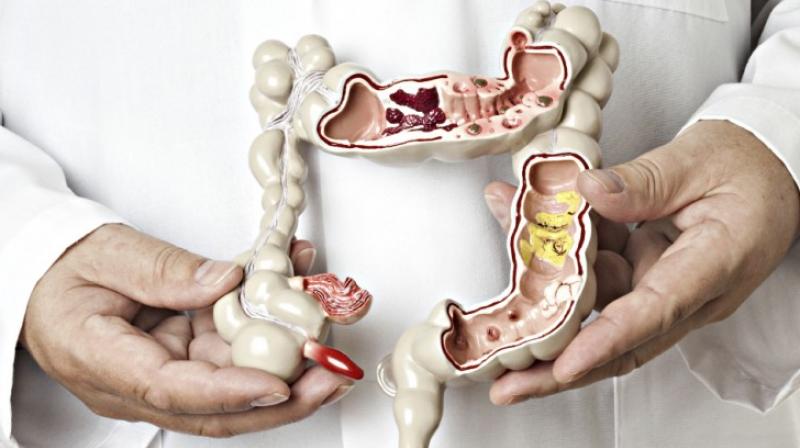Colon cancer is on the rise, particularly among adults under 50. Despite a relatively low overall occurrence and variety of ways to reduce risk of colon cancer , affecting about one percent of adults, the younger demographic has witnessed increasing rates since the 1990s.

Reduce Risk of Colon Cancer: Doctors’ Top Warning to Avoid at All Costs (Photo: American Cancer Society)
Crucial Role of Regular Screenings
In a latest report published by Parade News, in September 28, 2023, Colorectal surgeons and oncologists advocate for regular colon cancer screenings to reduce risk of colon cancer and as the foremost defense against the disease. Skipping screenings, especially for those with a family history or experiencing digestive abnormalities, poses the most significant risk. Dr. Paul Johnson highlights the importance of age-based screening, emphasizing that the removal of polyps during a colonoscopy prevents their progression to cancer and to reduce risk of colon cancer.
Dr. Kyle S. Eldredge further stresses that age is a significant risk factor, and routine screening is essential to reduce risk of colon cancer, identify and remove benign polyps before they advance to cancer. Colon cancer risk factors vary, falling into two categories: those beyond one’s control, such as genetics and age, and those within control, such as lifestyle choices.
Inactivity, obesity, smoking, and alcohol intake are identified as controllable factors by Dr. Wise and Dr. Eldredge that decreases the chance to reduce risk of colon cancer. Additionally, dietary choices play a crucial role, with experts warning against consuming foods like beef, fried foods, processed meats, and sugary beverages that elevate the risk of colon and colorectal cancers.
READ ALSO: Serial Killing Suspect Is Being Held Without Bail After DNA Was Found On A Pizza Crust
Lowering Your Colon Cancer Risk
In a recent data released by Gwinnett Daily Post, colon cancer often progresses silently, with symptoms manifesting at later stages. Dr. Jacquelyn Charbel emphasizes the importance of screenings to reduce risk of colon cancer, as symptoms may only become apparent when the cancer is advanced. Some signs to be vigilant about include abdominal bloating, pain, anemia, rectal bleeding, and unintended weight loss. Understanding these signs and acting promptly can be pivotal in early detection and treatment.
Dr. Cybil Corning provides a roadmap to lower or reduce colon cancer risk. Understanding family history and undergoing early screenings are foundational. Beyond that, lifestyle changes play a pivotal role. Avoiding processed foods, adopting a high-fiber, low-fat diet, incorporating a variety of colorful fruits and vegetables, regular exercise, limited alcohol consumption, and quitting smoking are proactive measures individuals can take to reduce risk of colon cancer.
By taking charge of one’s lifestyle and adhering to preventive strategies, the risk of colon cancer can be significantly reduced.
READ ALSO: Hitting A Home Run Brings Miguel Cabrera Closer To Breaking More Records
























